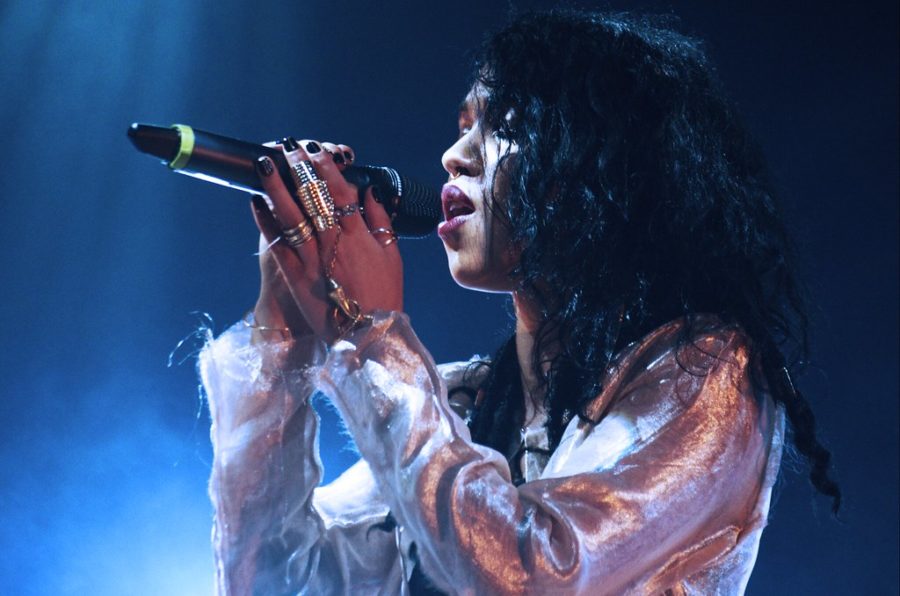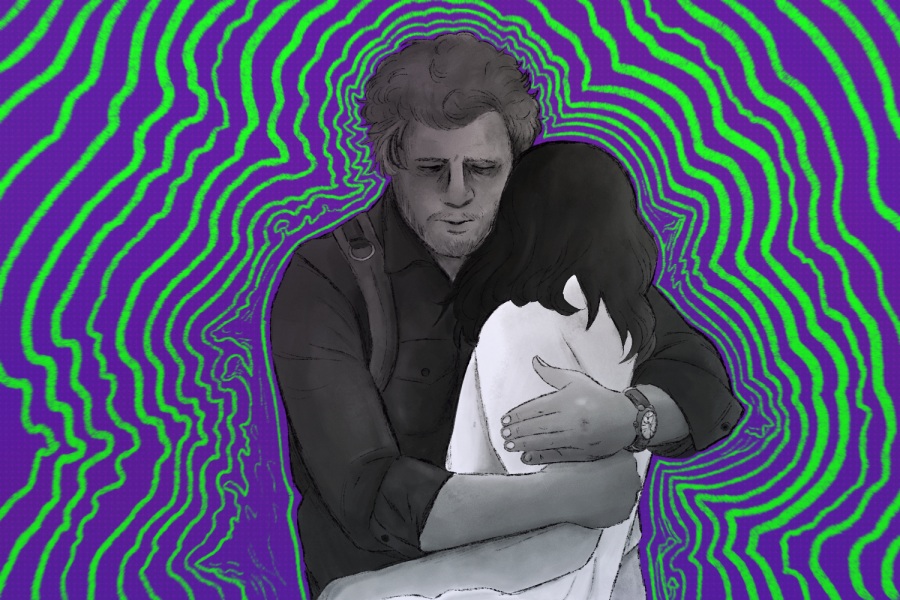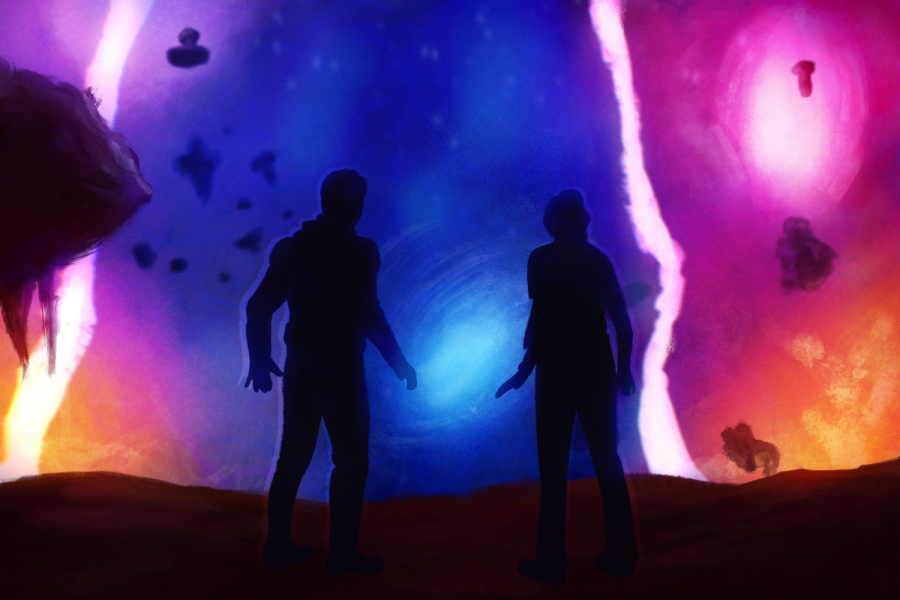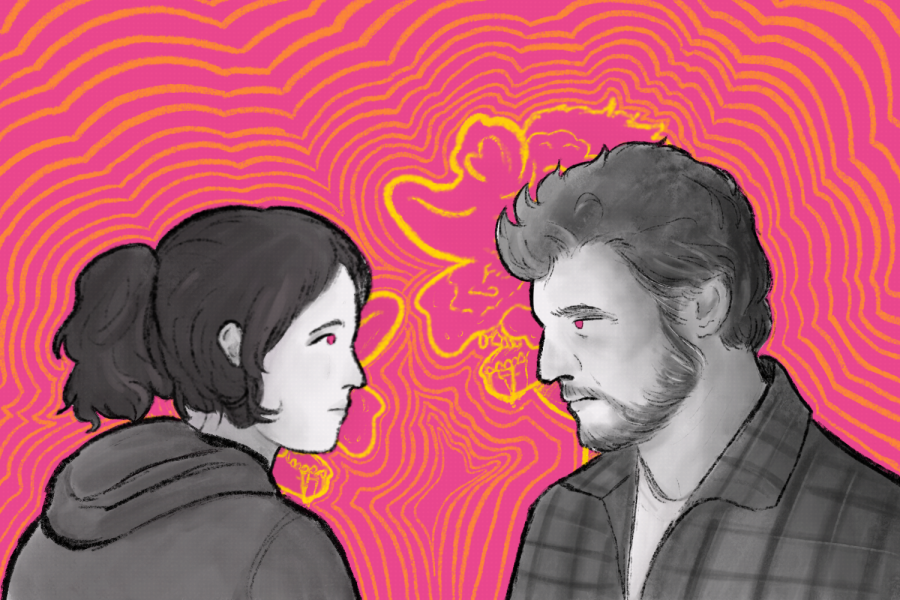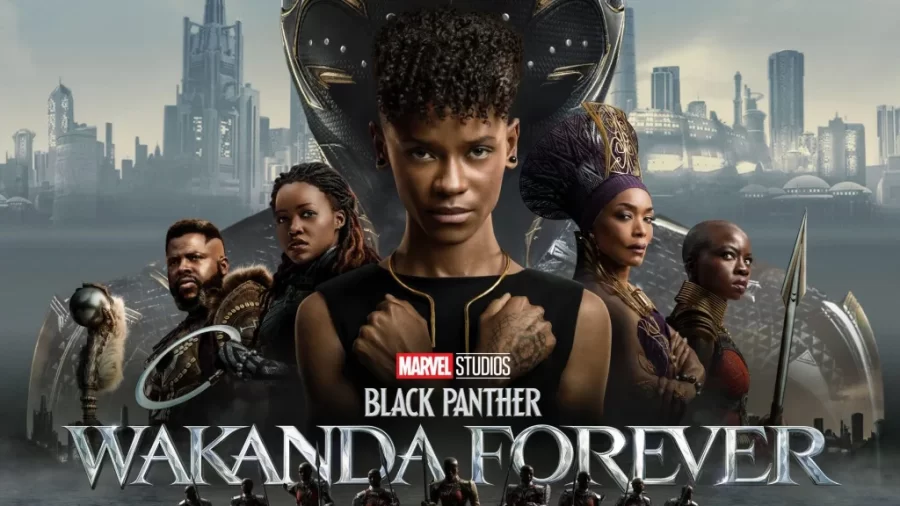You’re never going to find an artist out there that’s quite like FKA Twigs.
I stumbled upon this realization midway through listening to the song “home with you” off of her new album “MAGDALENE,” which was released last Friday.
It’s an incredibly experimental track that takes all the cliches you find in modern-day music and throws them out the door.
In the verses, her vocals are static and low. They create an atmosphere of tension that might seem jarring at first when compared to the chorus, which is split between its vulnerable lyrics and triumphant strings. In the last minute of the track, she sounds like she’s nearly holding back tears as the song descends into sonic confusion. Her voice becomes one with the cello and the flute, and her falsetto absolutely stuns.
Although this juxtaposition sounds grim on paper, Twigs manages to pull it off impeccably. It is a feat that I imagine most artists wouldn’t have been able to accomplish.
“I didn’t know that you were lonely / if you had just told me / I’d be running down the hills to be with you,” Twigs sings.
Like with most music that I listen to, the lyrics are melancholic. However, as soon as the song ended, it became clear to me that it was not necessarily the lyrics, but rather the feeling, that made this song so impactful.
As soon as I heard the lyrics, “If I walk out that door, it starts our last goodbye” from the first track, “thousand eyes,” I was left enraptured by her hypnotic voice.
It is, needless to say, utterly fantastic.
This is her first full-length album release since “LP1” from over four years ago, and it was worth the wait. Both albums have her signature touch, but take it in wildly different directions. I wouldn’t necessarily say her debut album is easy-to-listen-to, but I would recommend listening to that before “MAGDALENE” as that album is a perfect introduction to her work.
While I was writing this, I kept going over in my head what I was going to say, the specific adjectives that I was going to use, the specific examples that I was going to cite, and the specific songs that I was going to pick, all in an attempt to express how deeply impressed I was listening to this album.
However, I soon understood that anything I wrote down would be a drastic oversimplification. Every time I put a word on the page, I backtracked, thinking to myself that it was not enough.
This is an album that simply begs to be listened to.
Breathtaking, fantastic, beautiful — there are no words in the English dictionary that can describe it. This is a masterpiece that moves beyond the physical — it reaches into your soul and leaves a deep impression.
Twigs’ voice is one of the most emotive I’ve heard. You can feel every word like it’s your own.
The song, “mary magdalene,” is a prime example of this. It is a spiritual meditation on a “woman’s work,” not surprising considering who it’s named after.
“A woman’s work / a woman’s prerogative / a woman’s time to embrace / she must put herself first,” she sings.
Mary Magdalene is a prominent Biblical figure who has been subject to various interpretations.
Both the eastern and the western Christian Church agree in their belief that she witnessed the death and resurrection of Jesus Christ. However, that is where they diverge.
Today, the western Christian Church interprets her as a repentant sinner, while the eastern Christian Church characterizes her only as a devout follower of Jesus. The origin of the former interpretation lies with Pope Gregory I, who confused her with a “sinful woman” mentioned elsewhere in the Bible.
“I see her as Jesus Christ’s equal. She’s a male projection and, I think, the beginning of the patriarchy taking control of the narrative of women,” Twigs said in an interview with Zane Lowe for Apple Music Beats Radio 1. “Any woman that’s done anything can be subject to that; I’ve been subject to that. It felt like an apt time to be talking about it.”
Although this song in particular has religious influence, the rest of “MAGDALENE” primarily delves into themes of love and loss.
The conclusion to the album, “Cellophane,” discusses her relationship with Robert Pattinson, and the racist comments she received from his fans for dating him. The song is a minimalist piano ballad that contrasts deeply against the production of songs like “mary magdalene” and “home with you.”
“They want to see us, what to see us alone / they want to see us, want to see apart,” she croons. “And I just want to feel you there / and I don’t want to have to share our love.”
Though they were once engaged to be married, Pattinson and Twigs are now separated. However, Twigs says that she has never known herself better.
“When you’re with somebody, your lives become very entwined, with your friends and family, your routine. I had to really find out who I was,” Twigs said. “I’ve always known who I am, and [I discovered] who I was in [an] adult crisis.”
The song “sad day” explores her relationship and subsequent break-up with Pattinson, and her attempts to keep them together.
“You’re running / and I tried to make it work before / you’re running / I made you sad before,” she sings.
In “sad day,” as with many others on the album, you feel a deep connection to what she is singing. Her vocals retain that haunting flair throughout and never waver from it.
I listen to plenty of music nowadays, but still, her voice is unlike anything I’ve ever heard. I hope I won’t have to wait another four years to hear more magic from this one-of-a-kind artist.
[star rating=”5″]

